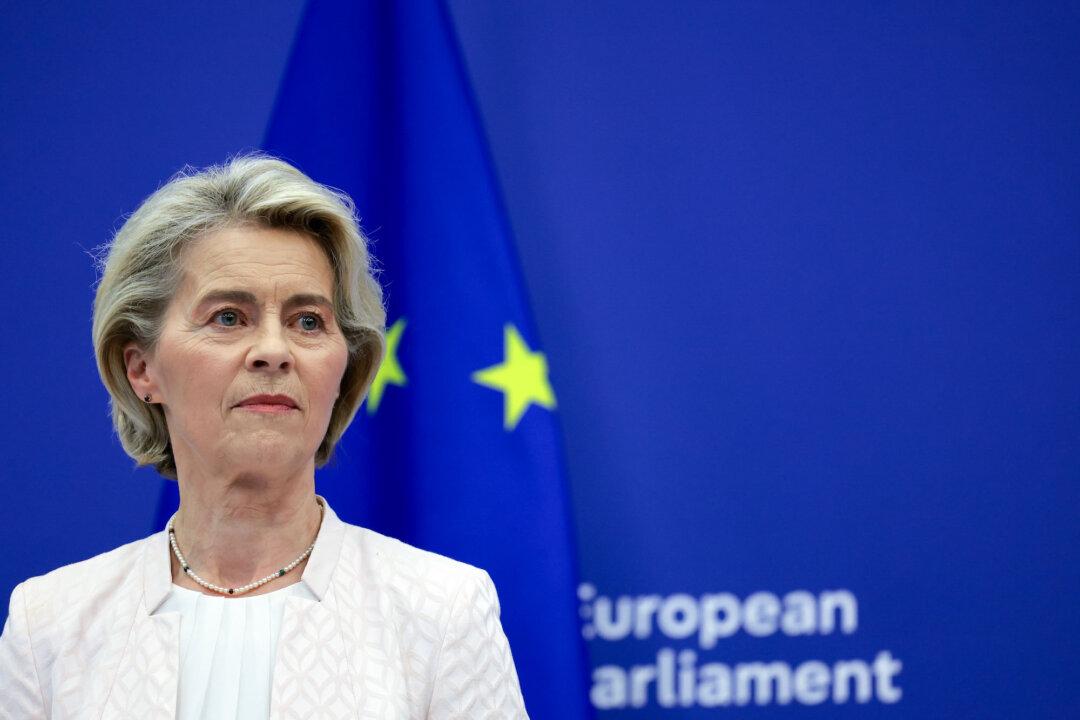The European Commission released on Sept. 27 draft rules on hydrogen fuels and new terms for the European Union’s next hydrogen auction, with conditions that the commission says will protect the European market from overdependency on Chinese technology.
The EU’s energy priorities ensure that low-carbon hydrogen technology benefits “from easier connection and access to the existing gas grid and discounts on cross-border and injection tariffs,” according to the commission.





